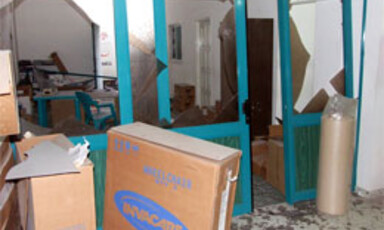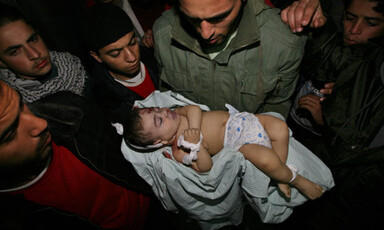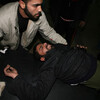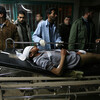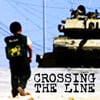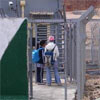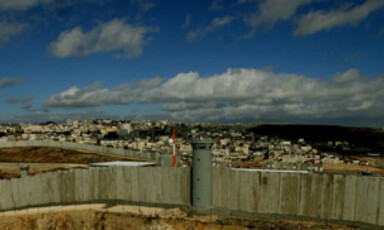
Hegemony through free trade: Interview with Daoud Hamoudi
9 March 2008
In this interview by EI contributor Stefan Christoff, Daoud Hamoudi of the Grassroots Palestinian Anti-Apartheid Wall Campaign discusses how apartheid economics is critical to US and Israeli policy in the region, implemented through neo-liberal bilateral trade accords, or on the ground in Palestine where Israel is pushing a plan to build industrial processing zones. Read more about Hegemony through free trade: Interview with Daoud Hamoudi
